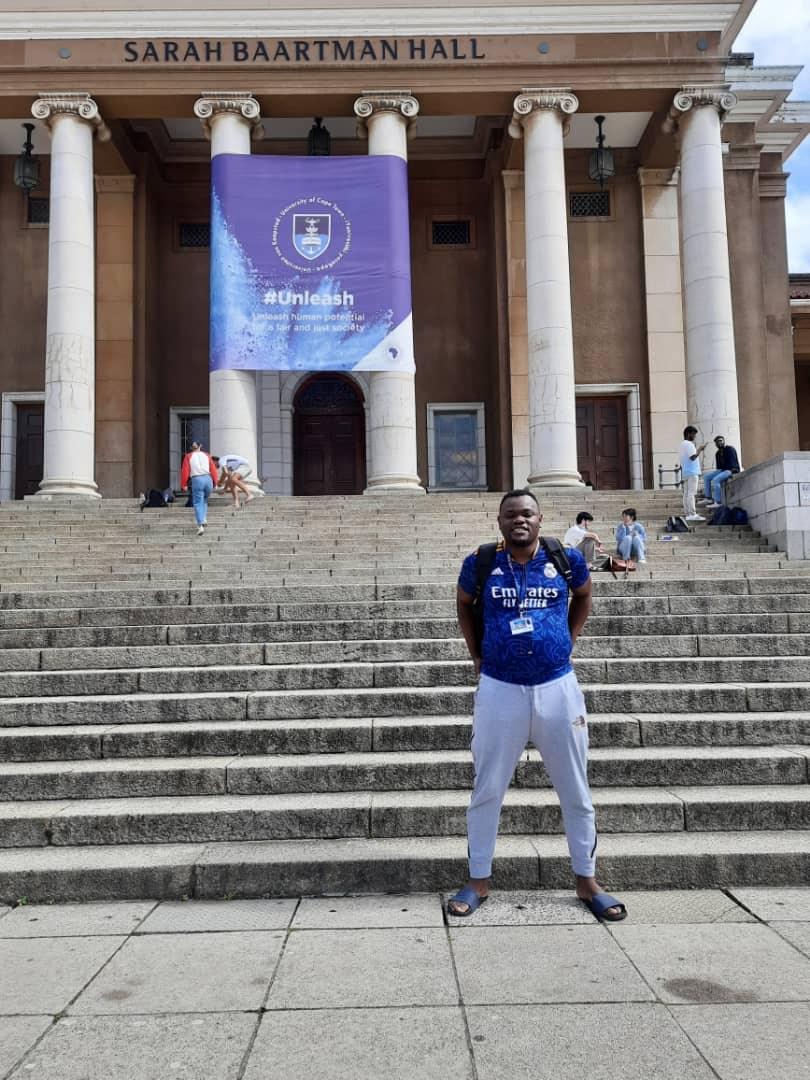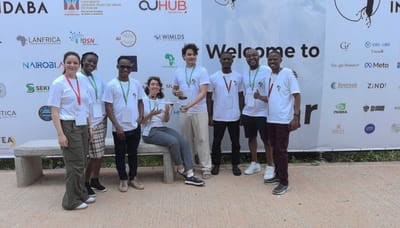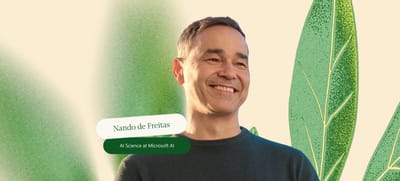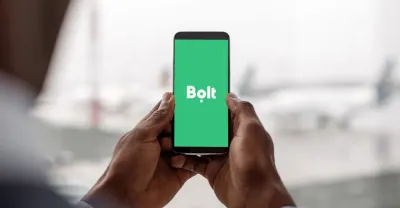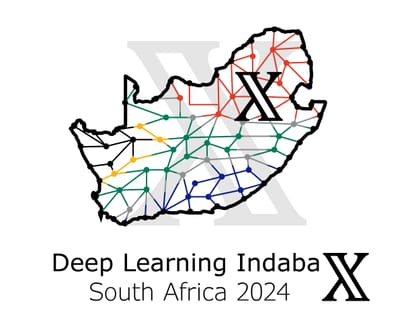Maxwell Chimedza only got to use a computer for the first time in his life in 2021. But from his home in Mbare (Zimbabwe capital´s poorest township), he churned out audio and text lessons on a rusty Samsung cellphone to hundreds of students. In 2021, his class of 64 WhatsApp students garnered 41 distinctions, eclipsing matric students enrolled in Zimbabwe´s top posh schools.
Maxwell ´Dr.Max´ describes himself as a self-trained WhatsApp exams-polisher.
In 2012 he had excellent matric results but deep family poverty ended his university dream. However, the arrival of the low-cost WhatsApp messaging system triggered in Zimbabwe revived his passion for digital education entrepreneurship.
So, he began in 2019 with just an old mobile phone with 8 GB of memory. Using that mobile phone Maxwell has electronically polished hundreds of students in Zimbabwe, and in the diaspora in South Africa via WhatsApp for national exams, guiding them to score stellar marks.
Maxwell's tools of the trade are simple – just WhatsApp, a Samsung mobile phone, no brick, and mortar classroom; no salaried teacher with fancy tie, or pupils strolling with blazers.
“I´m an unqualified teacher. I never went to a four-year teacher training college. This is what made my case intriguing perhaps!” said Maxwell.
High-speed broadband arrives
The spread of high-speed mobile internet ushered WhatsApp into Zimbabwe is what drove Chimedza´s humanitarian efforts to help students digitally.
“With WhatsApp, it could be done overnight from a touchscreen!” he says, revealing that he specializes in History, Shona Language, and Religion subjects.
Thus, Chimedza began his WhatsApp students-polishing endeavors in 2019 with what he laughs off as “an old, dead cellphone with just 8 gigabytes”.
Using that mobile phone he has been electronically polished hundreds of students in Zimbabwe, and in the diaspora in South Africa where an estimated 649, 385 Zimbabwe emigrants reside, just via WhatsApp, and scoring stellar marks – for free. So, Chimedza describes his WhatsApp intervention as test-driving the student.
“I had a cellphone timetable, with real lessons, which I would copy and paste to students, and explain through audio lessons, give them textbooks guidance, study tips, delegate classwork all this with my cellphone only,” he says. “I mark their WhatsApp assignments!”
When he started in 2019, he says he used his money to buy data to polish students for free. “I (then) advertised on Facebook and my WhatsApp status,” Chimedza says.
“So, when fabulous exam results came, enrollment in my WhatsApp classes peaked. In 2020, I trimmed my class to 60 and began to charge a little for data. In fact, some parents begged me: You are polishing students, why don’t we buy you data?”
However, wealthier diaspora parents in South Africa, grateful, began to wire him small amounts of $10 per subject per month per student. Chimedza needed roughly 25 gigabytes of monthly data to host his WhatsApp classroom.
First mobile phone
The first mobile phone that Chimedza got in 2019 for his WhatsApp classrooms struggled with memory capacity. As he got a little bit of money from grateful students´ parents, he upgraded to a modest Samsung J5.
The outbreak of the Covid-19 pandemic which grounded brick and mortar school teachers across Zimbabwe increased the absolute importance of Chimedza´s WhatsApp classrooms. Beginning in March 2020, Zimbabwe shut down schools, and shops, and curtailed public transport to beat back the infection. President Emmerson Mnangagwa demanded a 21-day “total” lockdown of the country from 30 March.
Traditional school teachers were placed on indefinite leave. However, due to the low availability of high-speed Wi-Fi in Zimbabwe´s households, in June 2020, the Zimbabwe Ministry of Primary and Secondary Education, supported by UNICEF, began to broadcast school lessons via FM or SW radio to keep students continuously engaged. Traditional radio was chosen because, internet-enabled education, which has richer educational resources; videos, apps, databases, and fact-checking interfaces is still out of the reach of the majority of the students. Zimbabwe´s mobile cellphone internet, which is the realistic delivery for the majority of students, is quite expensive in comparison to prices in many sub-Sahara African countries. However, WhatsApp, because it is sold in cheap $0.50 cents to $1 weekly data bundle packages by Zimbabwe´s telecoms, is wildly popular.
It is at this eye of the Covid-19 storm and mass school closures that Chimedza was polishing over 200 students on WhatsApp, readying them for examinations in a year many parents feared how their children will fare. So, when Zimbabwe´s schools opened briefly for national exams at end of 2020, he trimmed his WhatsApp class to 64.
“I was left with 64. Those are the ones who finally wrote the exam under my WhatsApp-polishing care. Those are the star results making tongues wag in 2021 because I got a 100% pass rate from them,” he says.
University of Cape Town dream
When the vice-chancellor of The University of Cape Town read of Chimedza´s exploits in 2021, she linked him with a helper called Mr. Maseko who resides in Canada. Prof. Mamokgethi Phakeng personally traveled to Harare to deliver the scholarship letter to Chimedza.
“So I am under the Maseko scholarship and it covers everything,” reveals Chimedza who is studying for a Bachelor of Science in politics degree at UCT en route to starting law next year.
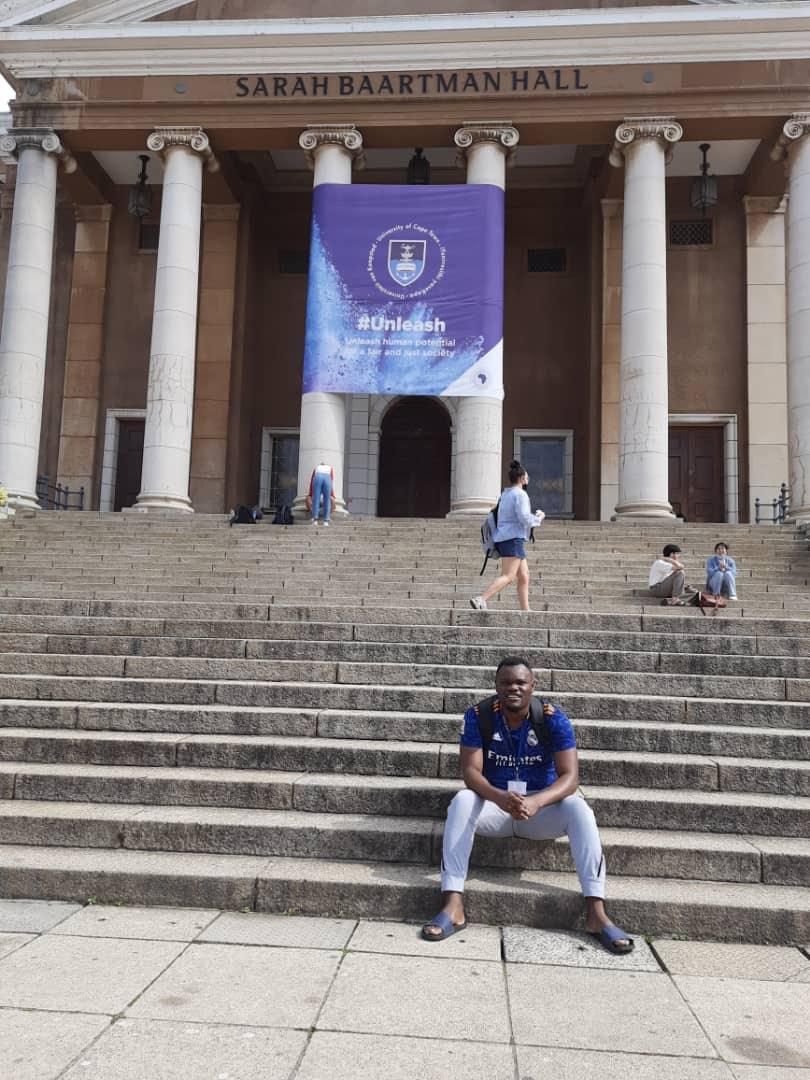
“It feels like a dream,” says Chimedza who views UCT as the best university in Africa. “After ten years of waiting it´s a shocker.”
Though he´s short of time due to his studies, Chimedza continues to mentor 30 students via WhatsApp for free, enabled by the support he receives from the Shuttleworth Foundation.
WhatsApp scholars work
Chimedza would like Zimbabwe to incorporate WhatsApp school curriculums to broaden the legacy education framework. “Consider registering these WhatsApp schools because they are producing brilliant scholars in exams,” said Chimedza.
Zimbabwe has already a well-developed mobile internet infrastructure to adopt WhatsApp classrooms as an addition to legacy offline schools. WhatsApp is a fast and nimble software tool to aid student enrolment, management, and course dissemination from primary to college, concluded Chimedza.
— By Nyasha Bhobo


